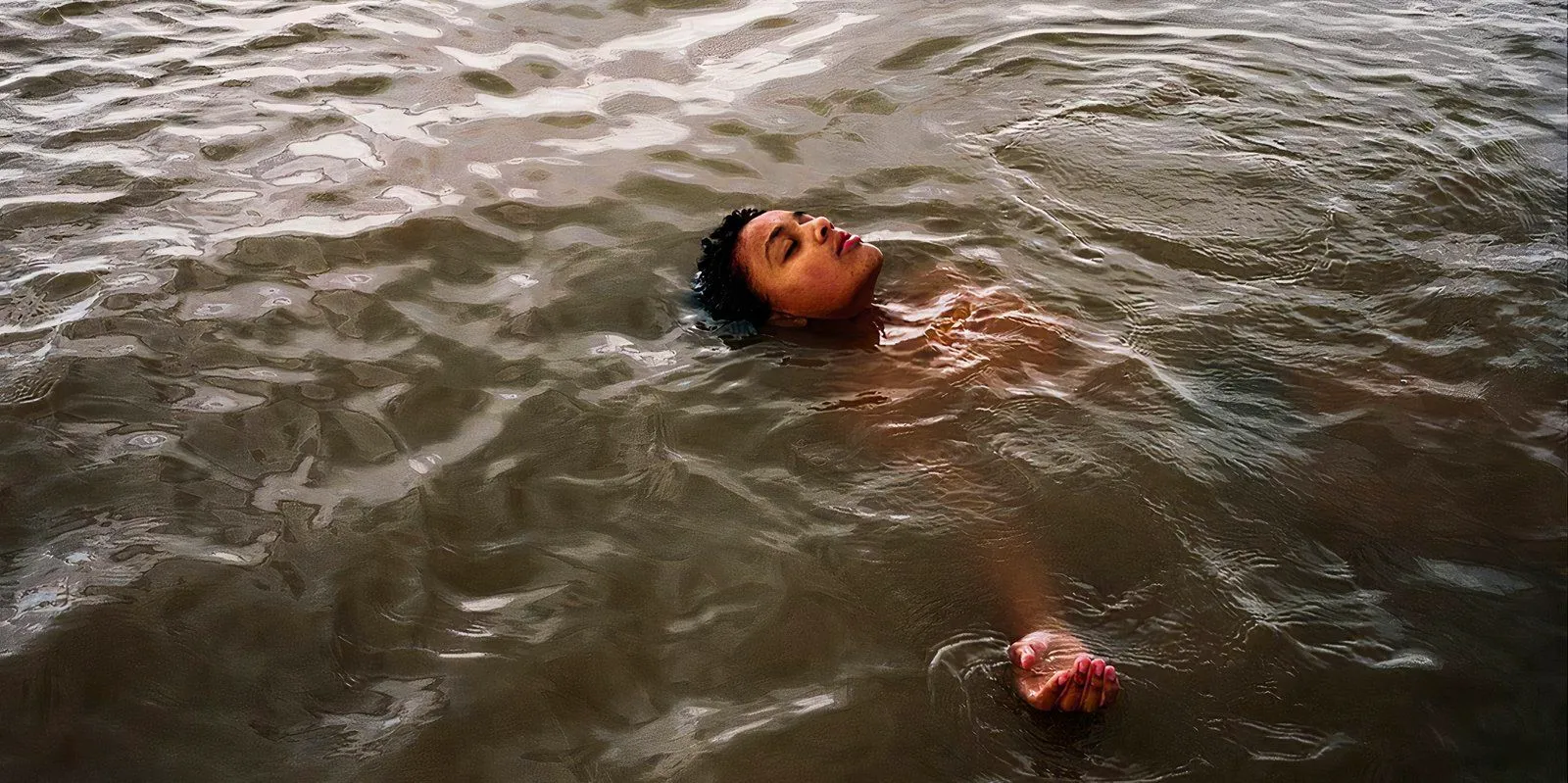Bird is a real story of preteen anguish when positive influences are few.
Living in Kent with her father Bug (Barry Keoghan) and brother Hunter (Jason Buda), Bailey (Nykiya Adams) is a brilliant but easily swayed 12-year-old. For Bailey, navigating the globe has been difficult as her father's new business venture consists in selling a hallucinogen derived from the slime of an imported toad. Now in a violent relationship with another man called Skate (James Nelson-Joyce), whose tick meter is usually at full bar, her mother Peyton (Jasmine Jobson) Local gang members and self-described vigilantes who encourage violence in homes to guard children make up her "friends."
Given such a difficult upbringing, it is clear why any unexpected disturbance would set Bailey off. Bailey is furious and departs to sleep in a field after Bug declares he will be marrying Kayleigh (Frankie Box), his three-month girlfriend. She wakes up and encounters Bird (Franz Rogowski), a quiet stranger whose sympathy for Bailey's situation shows itself in his unassuming deeds. At first, Bird seems to be a creation from Bailey's imagination, a fabrication meant to help her to envision her life free. But it soon becomes evident that Arnold is real, and his investigation of Bailey and Bird's friendship turns out to be the film's undoing.
Bird Review: Newcomer Nykiya Adams gives an amazing performance in disappointing harrowing drama.
Returning to the Cannes Film Festival, British director Andrea Arnold debuted her newest work, Bird. Using magical realism to portray teenage anxiety with a strong yearning for existential independence, Arnold creates a terrifying story that muses about the change from girlhood to women. Having three Cannes Jury awards already under her belt, the director sought to delve deeply into the tumult of existence when uncertainty and violence predominate. Sadly, bad directing decisions clouds the attempt to break out real-world issues from a preteen perspective.
Bailey, 12, lives in a squat in North Kent with her brother Hunter and her dad Bug. Bug has little time for his children and Bailey, who is nearing puberty, looks for adventure and attention elsewhere.
The Script Introduces Bird As a Problem-Solving Companion But Makes Crucial Mistakes
At first, Arnold's narrative presents Bird as a benign do-gooder searching for his family only needing assistance. If so, I have to wonder why anyone in the movie isn't confused enough to query why this unusual man would be consulting a 12-year-old girl, at least enough to then act upon. On the other hand, if he is as naive as the movie shows, why would Arnold constantly find him nude on rooftop edges, where Bailey can plainly see him? Either way, given Bailey's fragile mental state, it is unsettling.
The ruin of the movie comes from Arnold's investigation into Bailey and Bird's friendship.
The Movie: A closer examination
Bird is well-acted for what it is worth; Adams gives an amazing performance. She is quite remarkable in her capacity for emotional and physical fury. Although it still feels as though Keoghan is constrained here, it's also fantastic to watch him adopt a role unlike many of his past decisions. Actually, given the picture runs from Bailey's point of view, that is a problem with the script. Though she is reeling from her dreadful reality, her little contacts with the other characters might further highlight her separation from it.
Bird does a good job of capturing the world of preteen anxiety, but I wonder why Arnold used magical realism to fix the film's underlying flaws and Bailey's concerns. Including it seems like a simple way out; more true would have been to capture reality without a solution. Life is complicated and unfair that way, after all. Bird is hence finally a letdown. The film chooses a feel-good ending as a last try to save the problematic and surface-level attempts at resolution instead of a story emphasizing the mind and behaviors of a neglected child.



